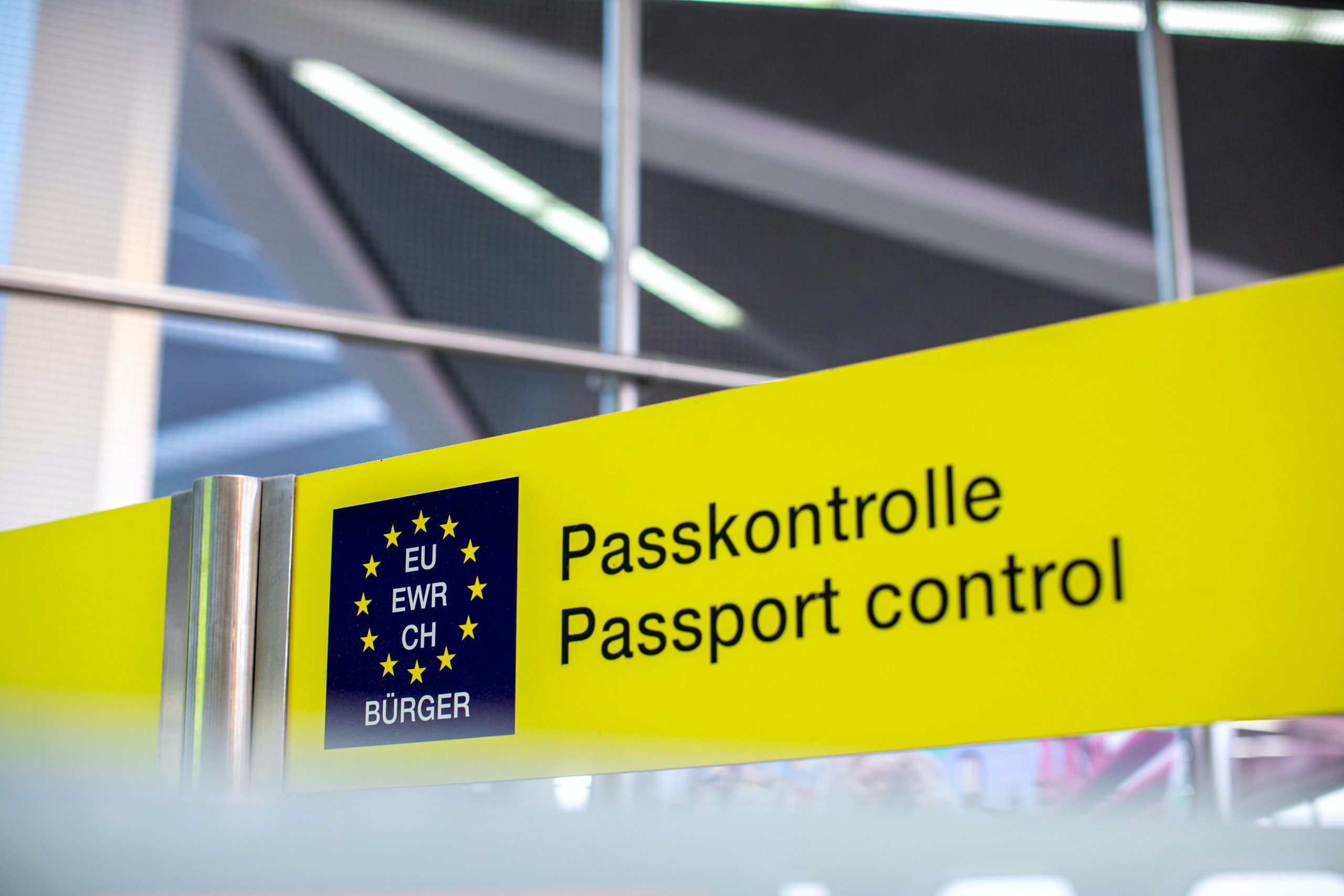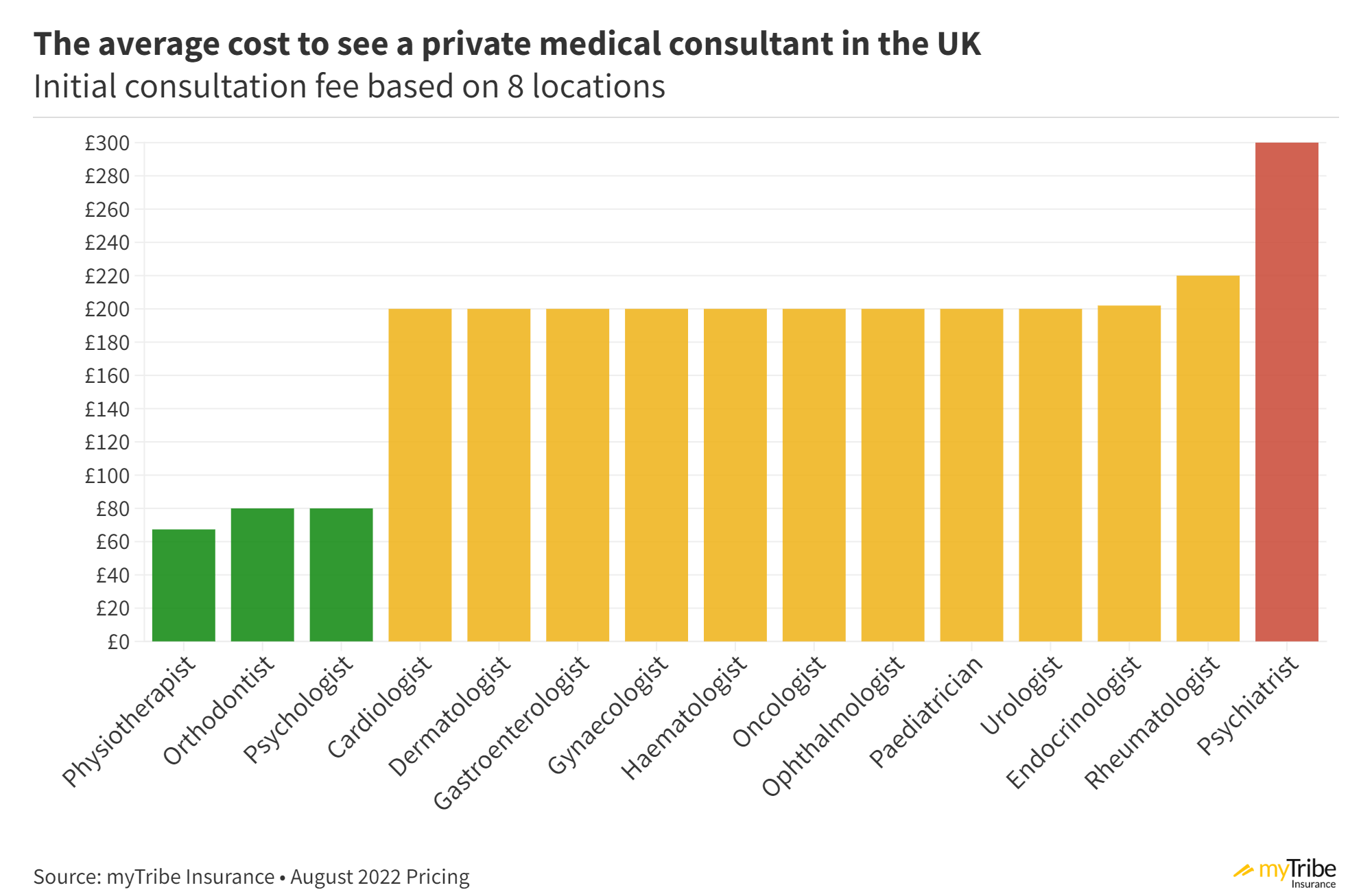The Global Business Mobility visa is one of the new UK visas set to launch in Spring 2022. This new route will allow overseas companies to temporarily send foreign workers to the UK for a specific corporate task. The visa is an upgrade of the Intra-Company Transfer and Intra-Company Graduate Trainee routes, among other similar routes; it could be a game-changer for foreign businesses.
The UK global business mobility route will cover the following categories of temporary workers:
- Senior or specialist employee to meet specific business needs
- UK expansion worker coming to establish a UK presence
- Secondment employee to UK firms in high-value contracts or investments
Graduate trainee as part of a training programme
- Service supplier to the UK in line with UK trade agreements
Foreign businesses benefit in different ways from this upcoming route against other existing routes. The Global Business Mobility route will allow foreign companies to send a team of workers to the UK. This is an improvement from the existing UK business visas, such as the Representative of an Overseas Business route that allows companies to send just one person. According to the Migration Advisory Committee (MAC), companies can send a team of five consisting of four team members and a senior executive.
The secondment pathway is not left out. Currently, employees of UK export enterprises can be seconded to the UK under visitor rules. This new visa route may broaden this to include secondment for specified purposes relating to a high-value import or export.
For the existing Intra-company Graduate Trainee route, there’s expected to be a change in salary requirement. Currently, the minimum salary threshold of the Intra-company Graduate Trainee route is £23,000 per year, but the new Global Business Mobility Route may require about £20,480. The new threshold resembles that of the Skilled Worker route, which also was recently updated.
However, there’s a slight increase in salary threshold from the Intra-company transfer route. The existing Intra-company transfer route requires a minimum salary threshold of £41,500 per year. However, under the Global Business Mobility Route, companies sending senior or specialist workers to the UK for specific corporate purposes must pay them a minimum of £42,400 per year.
Note that all applications under the Global Business Mobility route require sponsorship. This is different from some existing routes, like the Representative of an Overseas Business route which is not a sponsored route. It is unclear how a company without a physical presence in the UK will become a sponsor.
Although nothing is finalized, there are some eligibility requirements for businesses and individuals wishing to follow this route. The Home Office is now finalizing the route and looking into methods to reduce the burden of proof on applicants and sponsors. This new approach may allow businesses to more easily establish operations or maintain links with their clients and suppliers in the UK.
Assignments must all be temporary with a salary threshold for UK roles. Companies bringing in foreign workers must get a sponsor license, and each job must have a minimum skill level. It is unclear whether the route will use the higher intra-company transfer route skill threshold.
Furthermore, the workers coming in must be existing workers of the company for a minimum number of years. There may be an English language requirement depending on the route. For instance, the Intra-company transfer route doesn’t require English language proficiency. Hence, senior or specialist workers sent to meet specific business needs under the Global Mobility Route won’t have to prove English language proficiency.
In the coming weeks, the UK Home Office will likely provide more information on how individuals and businesses can apply for Global Business Mobility route visas and their permissible activities in the UK.







